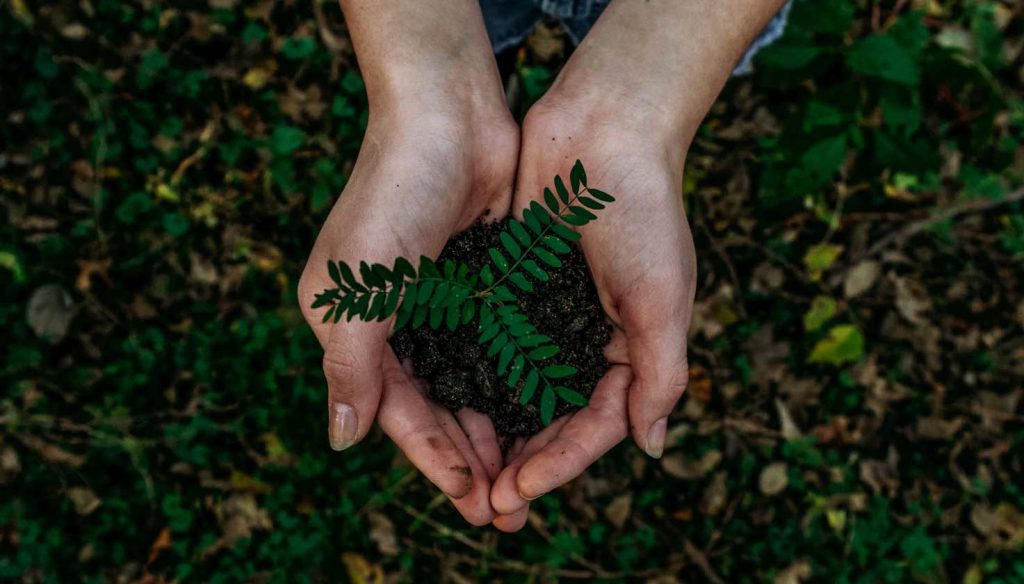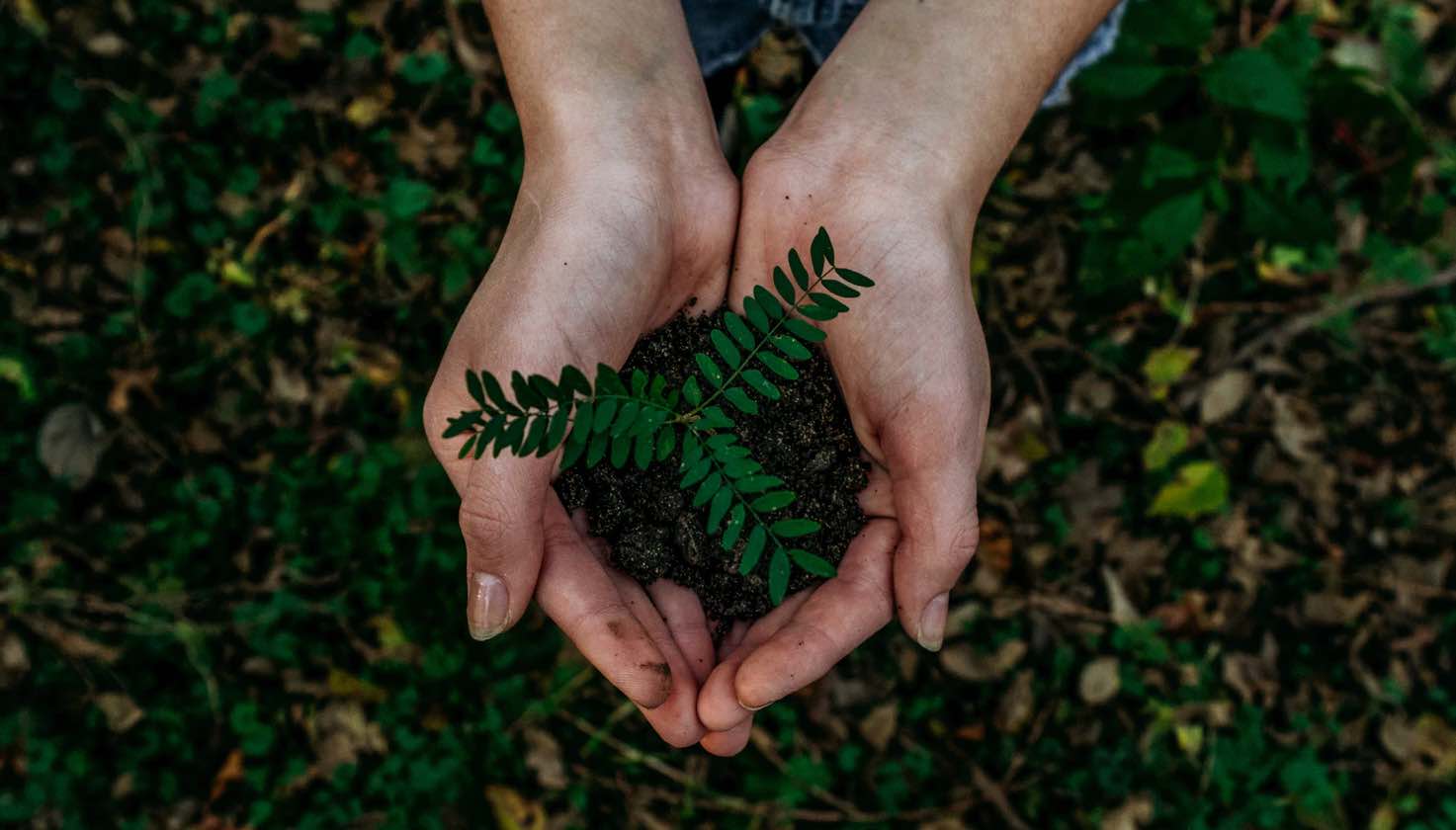Including a few plants in a bare front yard could reduce your stress levels as much as eight weekly mindfulness sessions.

These are the findings from new research by the Department of Landscape Architecture in collaboration with the UK’s Royal Horticultural Society (RHS).
The researchers, at the Universities of Sheffield, Westminster, and Virginia, found that a greener front yard can also make you feel happier, more relaxed, and closer to nature.
The four-year scientific research project added ornamental plants to previously bare front gardens in economically deprived streets of Greater Manchester, England.
According to a statement from the researchers, 42 residents received: 1 tree (juniper or snowy mespilus), 1 shrub (azalea), 1 climber (clematis), sub-shrubs (lavender, rosemary), bulbs (daffodils, crocuses, snowdrops), and bedding plants (petunia, viola) to fill two containers. The experimental design included a control group who received the plants one year later.
RELATED: How and Why to Start a Compost Pile at Home – The Benefits of ‘Black Gold’
By measuring the residents’ concentrations of cortisol hormone before and after the plants were added, the research team were able to see if the greenery had any impact on stress levels.
Cortisol levels change across the day. In healthy diurnal patterns, levels peak in the early morning shortly after awakening and drop to the lowest concentration at night.
Steeper daily declines indicate more effective regulation of circadian and hormonal mechanisms, which is a likely consequence of reduced stress.
Before the experiment, only 24% of residents had healthy cortisol patterns. Over the course of the year following the plantings, this increased to 53% of residents having healthy cortisol patterns.
Perceived stress levels decreased by 6% after the introduction of the plants.
Over half (52%) of the residents said their front yard helped them be happier, 40% said it helped them be more relaxed, and over one in four (26%) said it helped them be closer to nature.
Dr Lauriane Suyin Chalmin-Pui, who conducted the research as part of her PhD and who is now an RHS Wellbeing Fellow, said: “We can now further evidence the vital need to incorporate plants into our front gardens and domestic spaces. This will require a change in the way we strategise, design, plan and build our living spaces.
MORE: Most Americans Find Peace and Happiness in Cleaning—Except for Doing Dishes
“The stress reduction data is startling, in that we found such a significant response with just a relatively small number of plants. Now we know that access to even a tiny patch of nature has beneficial effects for our health.
“Since I started this research, it’s been fascinating to see how adding plants to front gardens really did have a transformative effect on residents’ lives. Residents suffering from loneliness and other mental health issues found it especially uplifting and motivational.”
Professor Alistair Griffiths added, “With so many millions more people gardening after discovering a passion to grow during lockdown, the RHS hopes this research inspires more people to plant a few plants, from containers and window boxes to hedges and trees, in their street-side outside spaces.
CHECK OUT: 8 Under-Appreciated Autumn Veggies and Fruits You Should Be Eating
“Today life is even more stressful for so many, meaning the results of this experiment are more important than ever… Together we should all try to make a positive difference one plant at a time.”
PLANT The Good News And Share It With Your Friends On Social Media…




















